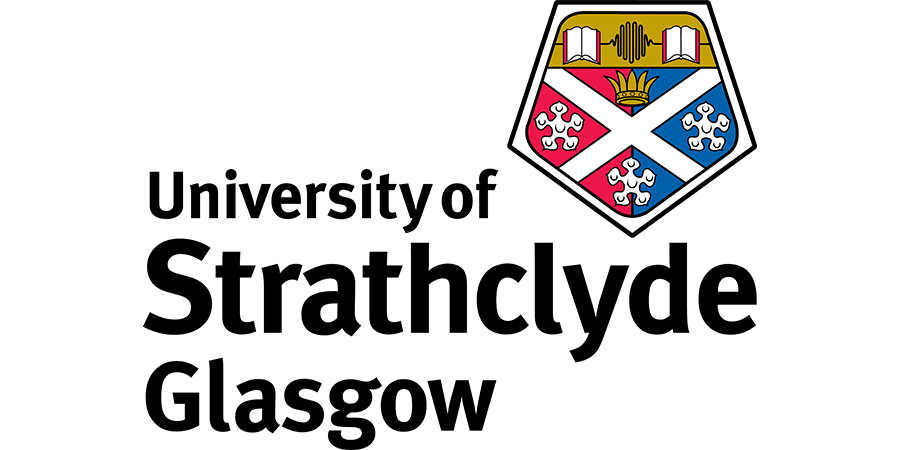Postgraduate Research Opportunity: The Political Economy of the Climate Transition
University of Strathclyde
| Qualification Type: | PhD |
|---|---|
| Location: | Glasgow |
| Funding for: | UK Students, International Students |
| Funding amount: | Not Specified |
| Hours: | Full Time |
| Placed On: | 27th March 2025 |
|---|---|
| Closes: | 30th April 2025 |
Project summary:
The costs and benefits of the transition to net zero are unevenly distributed across time, space, and between individuals. This makes the transition difficult. This project will explore the distributional implications of the transition to net zero and develop policy frameworks for implementation that appropriately account for the distributional consequences.
Start date: 1st Oct 2025
Duration: 36 months
Funding: Funded
Funding towards:
Home fee/international fee
Stipend -UKRI stipend rate for UK students.
Funding details: Fully-funded scholarship for 3 years covers all university tuition fees (at UK level) and an annual tax-free stipend. International students are also eligible to apply, but they will need to find other funding sources to cover the difference between the home and international tuition fees. Exceptional international candidates may be provided funding for this difference.
Number of places: 1
Number of places extra: There will be a shortlisting and interview process.
RCUK eligibility: No
Eligibility:
We look for a first-class or upper second-class UK Honours degree, or overseas equivalent, in economics or a related subject, and we normally expect a Masters degree in Economics, or overseas equivalent, that includes core classes in Microeconomics, Macroeconomics, Econometrics and a dissertation or research project. Alternative qualifications and/or experience related to the research project will be considered.
Study modes eligibility: Full-time
Fee Status: What fee status applies to applicants? Please omit any of the below that do not apply:
- Home
- International
Project Details:
As an example of an analysis which would fit within this project, consider household decarbonisation in the UK. Household decarbonisation will be expensive, with large upfront costs, but potentially with ongoing cost savings once investments have been made. The liability to make these investments is tied to ownership of expensive assets (residential property). These facts give rise to clear distributional concerns and policy prescriptions around household decarbonisation. Policy in this area must be assessed subject to distributional concerns. A policy evaluation framework could be proposed that seeks to maximise emissions reduction per unit of public expenditure, subject to also improving (reducing) measured inequality. Wider issues to be covered in such an analysis may include the lack of access to credit for poorer sections of society; the existence of social landlords who can alleviate credit constraints for poorer households; the enhanced access individuals have to credit when mortgaging property; and the trade-off between public expenditure crowding in investment from wealthy individuals against the distributional constraints of the suggested framework. Such an analysis could be tackled using a variety of methods, such as Computable General Equilibrium modelling for the analysis of distributional impacts.
Primary Supervisor: Dr David Comerford
Additional Supervisor/s: Prof Alex Dickson
Further information: The successful applicant will join the Energy and Environment research cluster in the Department of Economics in Strathclyde Business School, and will be part of a growing number of PhD students working on the transition to net zero. This project forms part of a collaborative relationship with the Institute of Economics within the Department of Business Science at Technische Universität Braunschweig, Germany, which is an International Strategic Partner of the University of Strathclyde. There will be an opportunity to collaborate with colleagues from TU Braunschweig, as well as spend some time there.
Advert information
Type / Role:
Subject Area(s):
Location(s):









